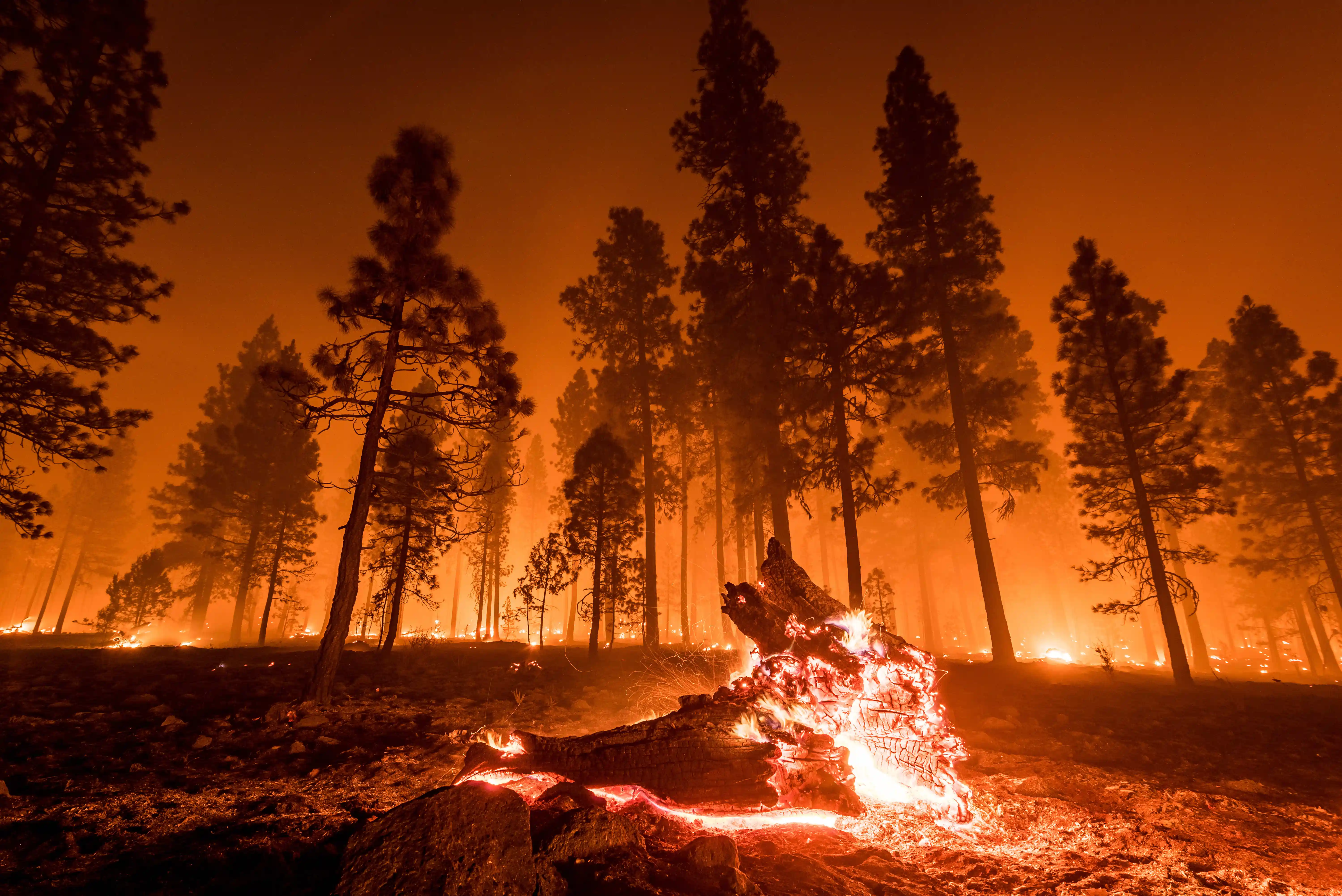

Sumana explores how AI and machine learning are reshaping wildfire management, from risk assessment to ecological restoration. The article highlights innovations like UAV-based fuel monitoring, deep learning–powered smoke detection, and reinforcement learning for real-time fire suppression. It also examines AI-enhanced early warning systems and post-fire recovery tools, emphasizing how these technologies can transform disaster management from reactive to proactive.

Sumana outlines an integrated, science-driven recovery plan to address the ecological collapse in Gaza caused by ongoing war and blockade. Centering agroecology, the framework weaves together strategies for soil remediation, crop cycling, WASH infrastructure, biodiversity restoration, and integrated livestock management.

Sumana critically assesses the effectiveness of the Grain for Green Program (GFGP), the world’s largest ecological restoration initiative, implemented across China’s Loess Plateau. The paper juxtaposes government-aligned optimism with independent hydrological critiques, exploring the program’s mixed legacy and a potential path forward.

Sumana explores strategies to leverage Nagaland's forest resources through carbon markets and market-based instruments to create a Universal Basic Income (UBI) for forest-dependent communities, with an emphasis on sustainable forest management, biodiversity preservation, and innovative financial mechanisms to address poverty and environmental degradation.

Dania, Sumana, and Tim examine climate migration in the Sahel, focusing on changing rainfall patterns, desertification, and extreme weather events. The paper highlights the region's unique vulnerability, the impact of climate change on livelihoods, security, and conflict, and proposes policies like legal protections for migrants, sustainable development, and climate mitigation efforts to address these challenges.